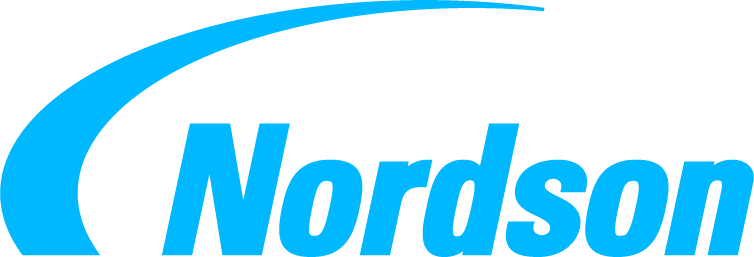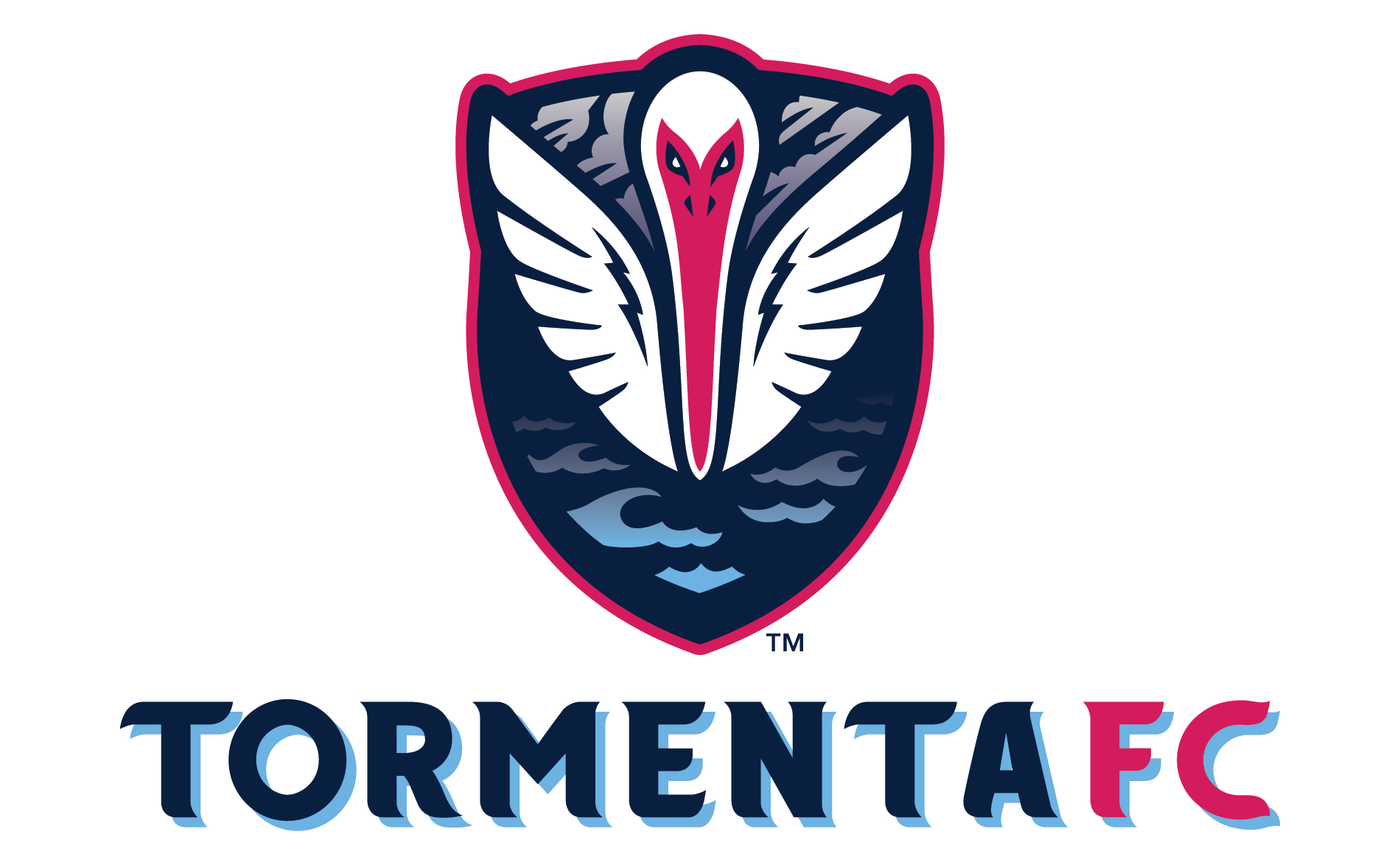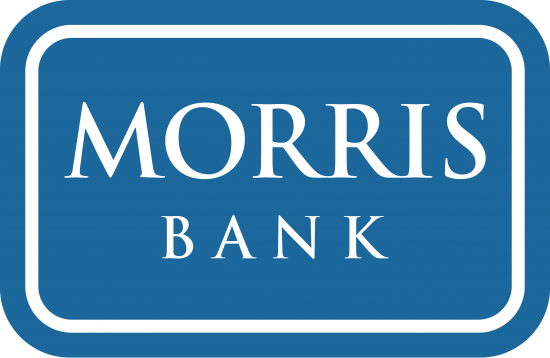Computer Engineering
Major Information
Computer Engineering encompasses the fields of computer science and electrical engineering to provide a balanced understanding of computer hardware, software, and basic modeling techniques that represent the computing process. Computer engineers can work as hardware engineers, software engineers, graphic designers, systems analysts, among other professions. They use hardware and software design and computer programming to make computing platforms and apps more efficient and powerful to ensure that software systems are seamlessly integrated, and to make computing systems safer. As a computer engineer, you could develop new computer hardware, design and implement software applications, or enhance the capabilities of networks and computer systems.
The computer engineering curriculum is a broad-based, technically-oriented education that emphasizes the application of engineering principles to solve problems. Students in our computer engineering program learn the analysis and design skills they need to put ideas into action. Classes cover such topics as electronic circuits, analog and digital circuits, logic design, data structures, systems software, robotics, and computer architecture.
General Information
Degree(s) Offered:
- Bachelor of Science in Computer Engineering
Sample Occupations
- Hardware Engineer
- Software Engineer
- Firmware Engineer
- Web Developer
- ASIC Design Engineer
- Systems Analyst
- Systems Engineer
- Measurement Engineer
- Test Engineer
- Customer Service Engineer
- Computer Support Specialist
- Power Distribution Engineer
- Applications Developer
- Technical Support Specialist
- Software Developer
- Semiconductor Processing Operator
- Communications Equipment Mechanic
- Commercial/Industrial Electronic
- Programmer Analyst
- Research and Development
- Digital System Design & Integration
Sample Work Settings
- Government Agencies
- Consulting Engineering Firms
- Utility Companies
- Private Laboratories
- Industrial Firms
- Manufacturing Firms
- Telecommunications Firms
- Computer Firms
Sample Areas of Specialization
- Computer Programming
- Engineering Economy
- Numerical Analysis
- Engineering Mechanics
- Electrical Circuits
- Thermodynamics
- Engineering Materials
Sample Employers
- Georgia Power Company
- Southern Company
- Gulfstream Aerospace
- Lockheed Martin
- Hargrove Engineers + Constructors
- Georgia-Pacific LLC
- Southern Nuclear
- Acuity Brands
- US Navy
- SEL
- Technical Associates
- Electrical Design Consultants
- WestRock Company
- AT&T
- Burns & McDonnell
- Jordan & Skala Engineers
- Atronix Engineering, Inc.
Connecting Majors, Skills, and Occupations
- View learning outcomes associated with your major in the Georgia Southern Academic Catalog:
Georgia Southern Academic Catalog
- Explore the connection between occupations and skills in O*Net:
- Use Handshake to upload your résumé and explore internships and jobs. For more information:
Internet Resources
To explore values, interests, and skills:
FOCUS 2 bit.ly/focuscareer
Myers-Briggs Type Indicator (MBTI) – $15
Self Directed Search – $15
https://academics.georgiasouthern.edu/career/s tudents/assessments/
To explore occupational outlooks and salaries:
National Compensation Survey
National Association of College and Employers (NACE)
Professional Organizations
Association of Energy Engineers
Georgia Southern Student Organizations
Society of Women Engineers (SWE)
Professional Tips
- Complete a Computer Engineering internship/co-op.
- Join a student organization.
- Seek out research opportunities.
Résumé Tips
- Include technical skills such as MATLAB, C++, & Java.
- Include professional associations such as SWE.
Last updated: 9/21/2022














